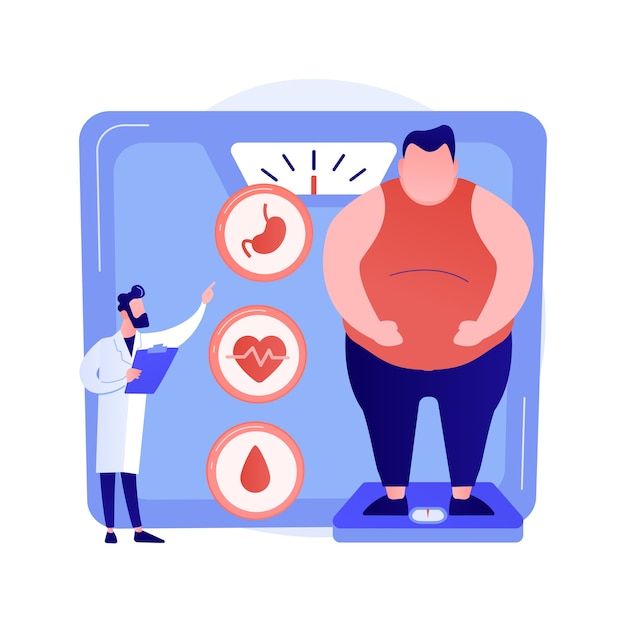
It’s often said that all living beings share one undeniable truth: everyone born must eventually face death. What we do in between defines the quality of our lives. One key aspect of this is how we approach food—what we eat, how much we consume, and even how we eat. These choices play a big role in shaping our overall health. While some blame genetics, the environment, or even broader food policies for their health concerns, many factors contribute to conditions like obesity.
### What is Obesity?
Obesity happens when someone consumes more calories than their body can burn. While it might not sound serious at first, it’s closely linked to major health problems like cancer, heart disease, diabetes, and strokes.
### Factors That Cause Obesity
1. **Genetics**
Some people seem naturally resistant to weight gain, while others may struggle even with slight changes in their diet. Childhood obesity is often linked to genetics, but that’s only part of the picture. Genetic changes in humans happen very slowly, so while genes can play a role, they aren’t the sole cause. Families with different eating habits and lifestyle choices often show that external factors also influence weight gain.
2. **Physical Activity**
Burning calories is essential for maintaining a healthy weight, and staying active is the easiest way to do this. Historically, daily activities provided enough exercise to keep people in shape. But with modern advancements, labor-saving devices have significantly reduced physical activity, leading to a rise in obesity.
3. **Lifestyle and Nutrition**
Lifestyle choices, especially dietary habits, play a huge role in obesity. The fast-food culture embraced by younger generations is a major contributor. Common factors include:
– Eating high-fat foods.
– Excessive alcohol consumption, as alcohol is calorie-dense and often leads to weight gain.
– Out-of-control portion sizes, especially in restaurants where multi-course meals add up quickly.
– Poor choices in fruits and vegetables, as some naturally aid digestion and help the body burn fat.
– Unhealthy eating habits passed down through generations.
4. **Medical Conditions**
Certain health issues can also lead to weight gain. For example:
– Hypothyroidism, where the thyroid gland doesn’t produce enough hormones.
– Cushing’s syndrome, a rare condition that results in overproduction of steroid hormones.
Additionally, some medications, quitting smoking, or taking contraceptive pills can contribute to weight gain.
5. **Psychological Factors**
How people see themselves and compare to others can influence their eating habits and overall health. Emotional stress and other psychological factors are often linked to obesity.
### How Obesity and Diabetes Are Connected
Diabetes occurs when the pancreas doesn’t produce enough insulin, making it hard for the body to regulate blood sugar levels. If left unchecked, high blood sugar levels can lead to complications. There are three main types of diabetes: gestational diabetes, type 1 diabetes, and type 2 diabetes. Type 2 diabetes, the most common, is often linked to being overweight.
Here’s why: most of what we eat turns into glucose, which provides energy for our bodies. Insulin helps glucose move into cells, but when there isn’t enough insulin or the body resists it, excess glucose stays in the blood, eventually turning into fat. Being overweight makes it harder for the body to manage insulin levels, increasing the risk of developing type 2 diabetes.
### Managing Obesity to Prevent Diabetes
The World Health Organization (WHO) emphasizes the importance of weight management in diabetes prevention. Here are some practical tips:
– Adults should aim for about 2.5 hours of moderate to vigorous exercise each week, depending on their fitness level, while kids need about an hour of physical activity daily.
– Opt for balanced, nutritious meals instead of fast or processed foods.
– Take regular breaks during long working hours and incorporate short walks.
– Avoid making fast food a staple for children.
– Reduce stress and workload whenever possible to improve overall well-being.
– For those struggling with weight loss, medications like gastrointestinal lipase inhibitors can help, but they should only be taken under a doctor’s supervision.
While not all obese individuals will inevitably develop diabetes, obesity does significantly increase the risk. By managing weight through healthy eating and exercise, you can reduce the chances of developing diabetes and improve overall health.